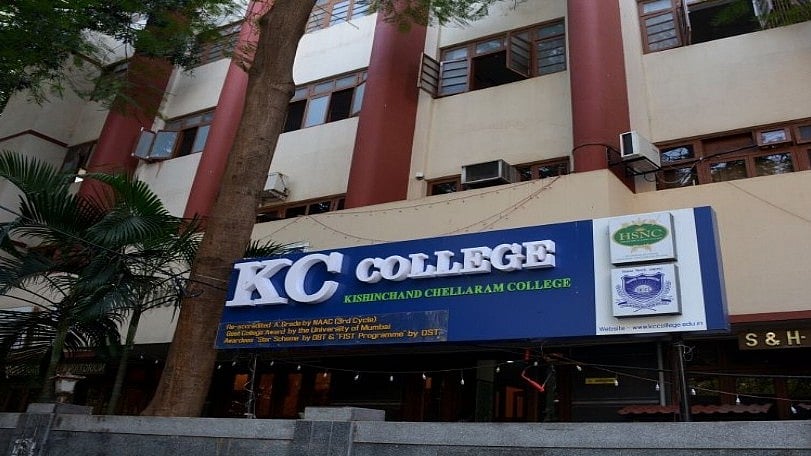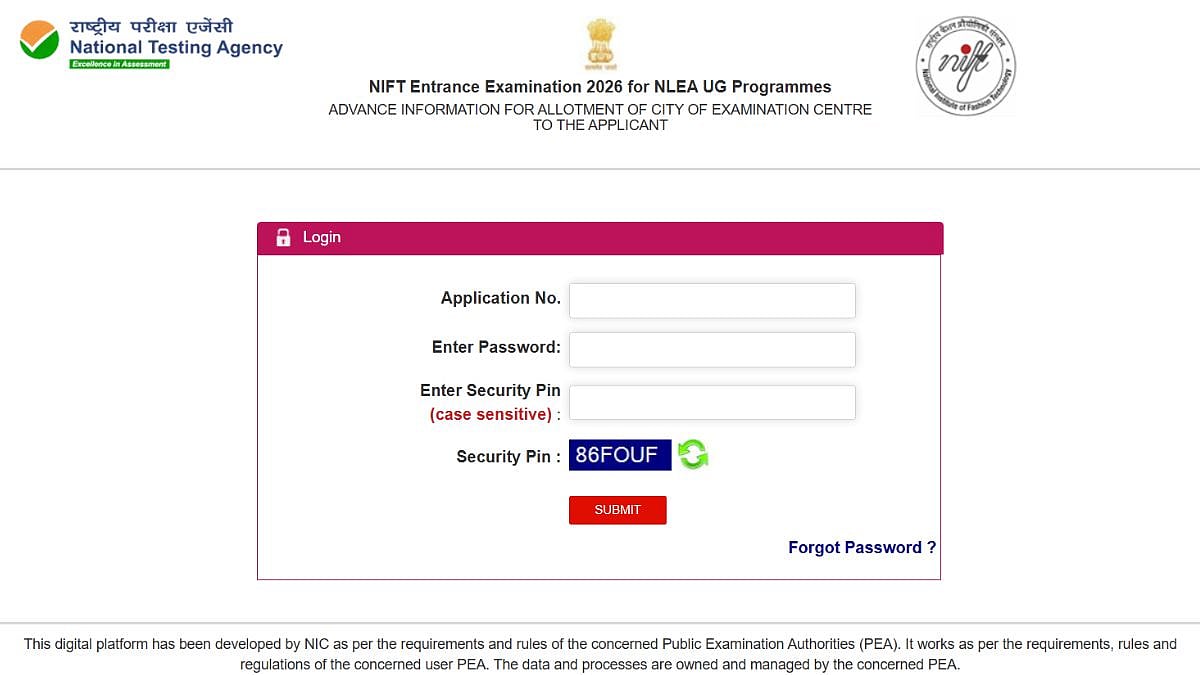Mumbai: Ever wondered how we remain healthy despite being constantly exposed to millions of germs—whether rushing to work or school, enduring pollution and extreme weather, or grabbing a quick snack from a roadside vendor? The answer lies in the silent and powerful operations of our immune system. Now, a study from the Indian Institute of Technology Bombay (IIT-B) sheds light on a newly discovered mechanism behind our body’s defence system.
Led by Professor Anirban Banerjee and his team from the Department of Biosciences and Bioengineering (BSBE), the study reveals that a host protein named VCP/p97 acts like a microscopic special forces unit. When bacteria invade and begin stealing nutrients from our cells, these threats are flagged using a molecular tag called ubiquitin. This is when VCP springs into action. The protein functions like a tiny pair of tweezers, gripping and extracting hair-like surface proteins from the bacterial membrane, effectively tearing the microbes apart.
The researchers liken this destruction to a swarm of piranhas methodically dismantling their prey. The result: the bacteria are unable to spread or cause infection.

This ground-breaking research was published in the journal ‘Nature Microbiology’ and was primarily conducted by PhD student Sourav Ghosh, with collaborative support from Professors Sandip Kaledhonkar and Roop Mallik at IIT-B, Dr Jagannath Mondal from the Tata Institute of Fundamental Research (TIFR), Hyderabad, and Professor Dipshikha Chakravortty from the Indian Institute of Science (IISc), Bengaluru.
The study used a variety of advanced techniques, including optical trapping, molecular dynamics simulations, in vitro reconstitution, and immunogold transmission electron microscopy, to demonstrate that VCP’s ATPase activity is crucial in extracting surface proteins like BgaA and PspA from the membranes of ‘Streptococcus pneumoniae'. This action leads to membrane rupture, cytosolic content release, and ultimately, bacterial death. Notably, VCP also demonstrated its ability to control bacterial proliferation in mice and protect against lethal sepsis.

This discovery is the first to show how human cells directly break down ubiquitin-tagged bacteria, and it opens the door to potential new therapies that could enhance innate immunity. With antibiotic-resistant infections on the rise globally, the findings offer promising new avenues to strengthen our natural defences against some of the world’s deadliest pathogens.









